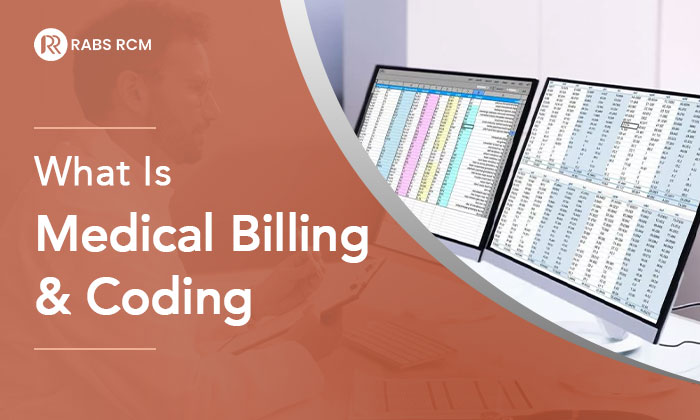
What is Medical Billing and Coding?
In the complex landscape of healthcare administration, medical billing and coding play pivotal roles in ensuring accurate record-keeping, efficient reimbursement processes, and overall patient care management. While these functions may often go unnoticed by patients, they are fundamental to the seamless operation of healthcare facilities and the financial sustainability of healthcare providers. In this blog, we delve into the intricacies of medical billing and coding, exploring their significance, processes, and the professionals behind them.
Medical billing and coding are integral components of healthcare administration responsible for translating medical services into universal codes for billing and insurance purposes.
Medical Coding
Medical coding involves assigning alphanumeric codes to diagnoses, procedures, treatments, and other healthcare services provided to patients. These codes are derived from standardized code sets such as the International Classification of Diseases (ICD) and Current Procedural Terminology (CPT), ensuring consistency and accuracy in medical documentation. Coders meticulously review medical records, physician notes, and other relevant documents to extract pertinent information and assign the appropriate codes. Accurate coding is essential for facilitating insurance claims, reimbursement processes, and statistical analysis in healthcare.
Medical Billing
Medical billing is the process of submitting claims to insurance companies or patients for reimbursement of healthcare services rendered. Billing specialists utilize the coded information provided by medical coders to generate claims, including itemized lists of services, associated costs, and patient demographics. These claims are then submitted electronically or via traditional mail to insurance companies for processing. Billing professionals must navigate complex insurance policies, coding guidelines, and regulatory requirements to ensure timely and accurate reimbursement. They also handle denials, appeals, and patient inquiries related to billing issues, striving to optimize revenue cycles and minimize financial losses for healthcare providers.
The Role of Medical Billing and Coding Professionals
Medical billing and coding professionals, often referred to as health information technicians, play a crucial role in the healthcare industry. Their expertise ensures the accuracy, integrity, and confidentiality of medical records while facilitating efficient billing and reimbursement processes. These professionals possess a deep understanding of medical terminology, anatomy, physiology, and healthcare regulations. They must stay abreast of evolving coding guidelines, technology advancements, and regulatory changes to perform their duties effectively.
Challenges and Opportunities in Medical Billing and Coding
Despite its importance, medical billing and coding present various challenges and opportunities for professionals in the field. Rapid advancements in healthcare technology, such as electronic health records (EHR) and healthcare informatics, have revolutionized medical documentation and billing processes. While these innovations offer greater efficiency and accuracy, they also require ongoing training and adaptation by billing and coding professionals. Additionally, navigating the complexities of insurance policies, regulatory requirements, and healthcare reforms can pose significant challenges. However, these challenges also present opportunities for continuous learning, career advancement, and specialization within the field.
Conclusion
In conclusion, medical billing and coding are indispensable components of healthcare administration, ensuring accurate documentation, efficient reimbursement processes, and optimal patient care. The dedicated efforts of medical billing and coding professionals contribute to the financial sustainability of healthcare providers and the overall efficiency of the healthcare system. As the healthcare landscape continues to evolve, the role of billing and coding professionals will remain essential, driving innovation, improving healthcare quality, and promoting patient satisfaction.

